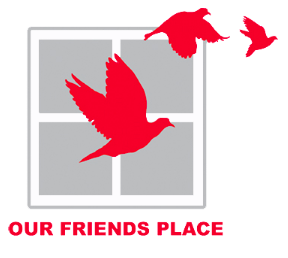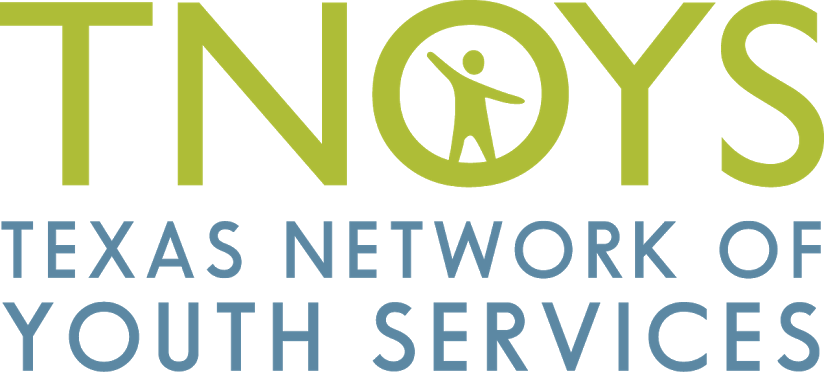 Our Friends Place has been in operation in Dallas for just over 30 years, helping young women in its transitional living centers (TLC) learn the self-reliance and life skills they need to lead successful adult lives. Now, thanks to a new non-residential outreach and education program launched two years ago, the organization is bringing the valuable lessons it has been honing for decades to young people beyond those in its TLC. In just two years of operating the new program, the organization has expanded the number of lives it is able to impact annually tenfold — from 40 to over 400.
Our Friends Place has been in operation in Dallas for just over 30 years, helping young women in its transitional living centers (TLC) learn the self-reliance and life skills they need to lead successful adult lives. Now, thanks to a new non-residential outreach and education program launched two years ago, the organization is bringing the valuable lessons it has been honing for decades to young people beyond those in its TLC. In just two years of operating the new program, the organization has expanded the number of lives it is able to impact annually tenfold — from 40 to over 400.
The TLC at Our Friends Place provides young women who have experienced abuse, neglect, poverty or homelessness with a supportive home where they can learn the skills they need to mature into self-reliant adults.
“This is a place where they can work and go to school while we’re also working with them to create a more self-sufficient life for themselves,” said Nicole Price, Residential Program Director. “We do intensive case management with these ladies and offer life skills courses on everyday things like how to buy a car without going into extreme debt.”
It is a program that has been highly impactful, with many women who have come through the program having steady jobs, stable housing and other successes. But the team at Our Friends Place wanted to do more for the many young people who never get a chance to be part of their residential program. So, two years ago, the organization launched its SOAR (Strengths, Opportunities, Allies, and Resiliency) to Success program, to share the valuable lessons its residents receive with other young people who need this knowledge.
“It’s our opportunity to take those life skills that some people are fortunate to learn growing up – everything from mental health and stress management to budgeting – out into the community to young people who are at risk of homelessness,” said Libby Woolverton, Non-Residential Program Director Program.
SOAR reaches these young people in the community through strong and growing partnerships with area high schools and homeless liaisons in Dallas ISD, community organizations such as the Boys & Girls Club, and local colleges. Last year, Our Friends Place was able to serve 420 youth through the program.
The SOAR program model uses three approaches. First, there are interactive workshops on key life skills. It also offers “kitchen table conversations,” small groups that meet throughout the school year to eat lunch together, discuss the things happening in their lives, and connect with resources and referrals. While there is a curriculum, the conversations offer a natural outlet and peer support too. Finally, there is an 8-session “Taking Flight” program aimed at building both life skills and resources as well as broadening youth’s perspectives.
Our Friends Place and the SOAR program use a strengths-based model to help impart knowledge to the young people they serve.
“A lot of these young women haven’t really had people in their lives to tell them what they’re good at or build them up,” said Woolverton. “How can we expect anyone to thrive or succeed in an environment where they don’t think they can be successful? So, we started doing these personality exercises so they could finally put words to things they were good at.”
And throughout all its programs, youth voice is incorporated and youth take on roles teaching each other. Staff understand the importance of peer connections and lived experience.
“It’s really the best way to connect, when another young lady can teach you about how they manage their mental health, or how they’ve been budgeting because it looks different for everybody,” said Price. “It’s important for them to have a voice, but more important to use that voice to teach each other. We see that not only are they learning it but they feel like experts because they can teach other people, too.”
TNOYS is grateful to have Our Friends Place as part of our network and to be able to learn from the many best practices it has put into place. We look forward to seeing how the organization continues to successfully support the women in its residential program and grow its reach even more into the broader community.
